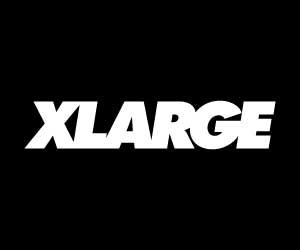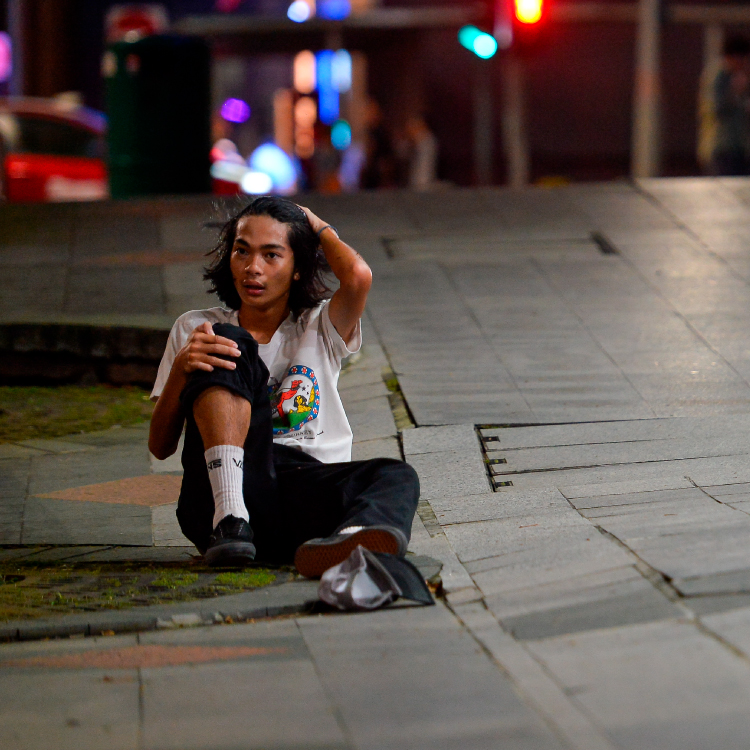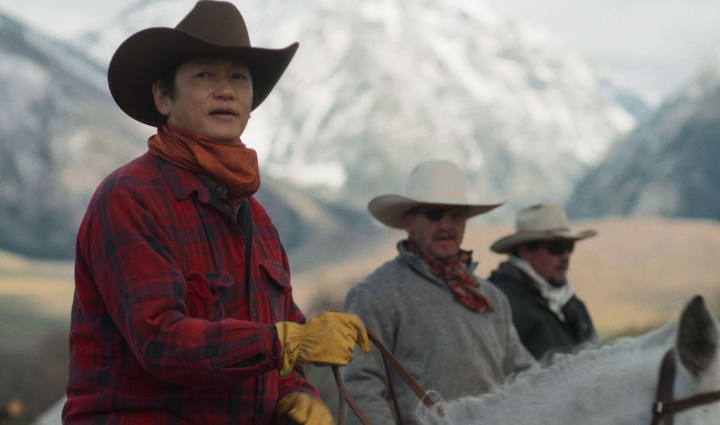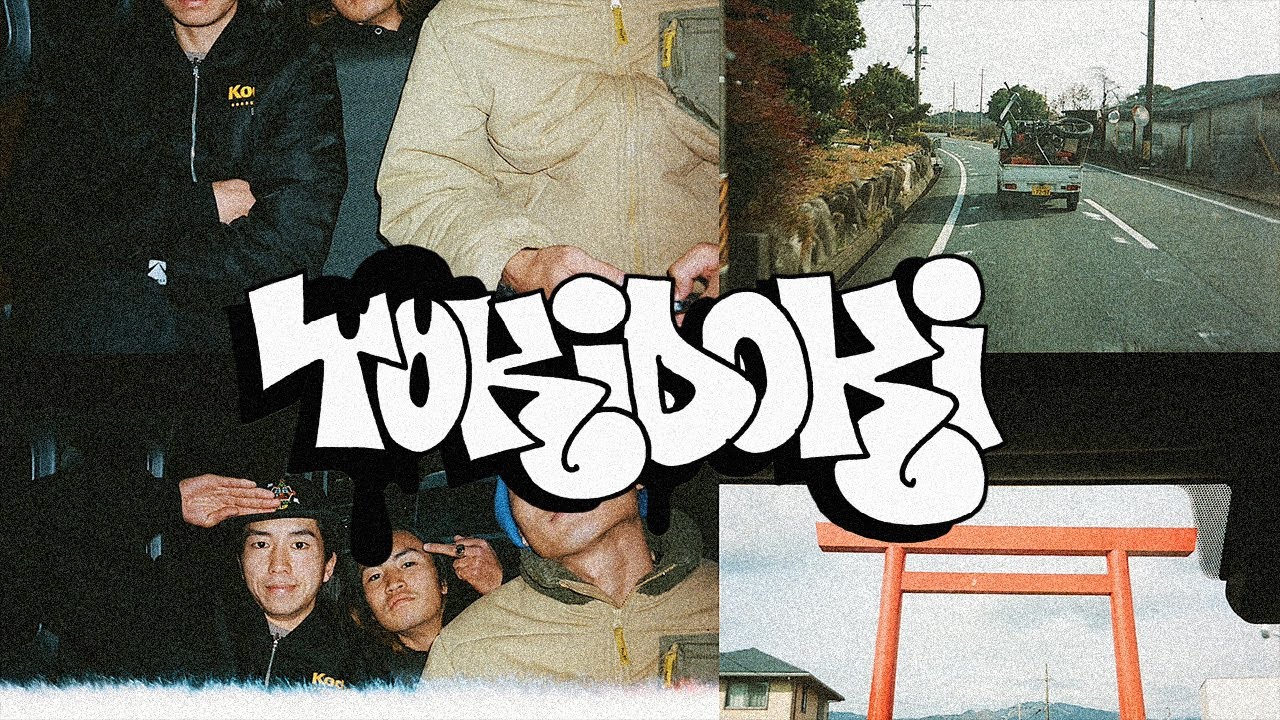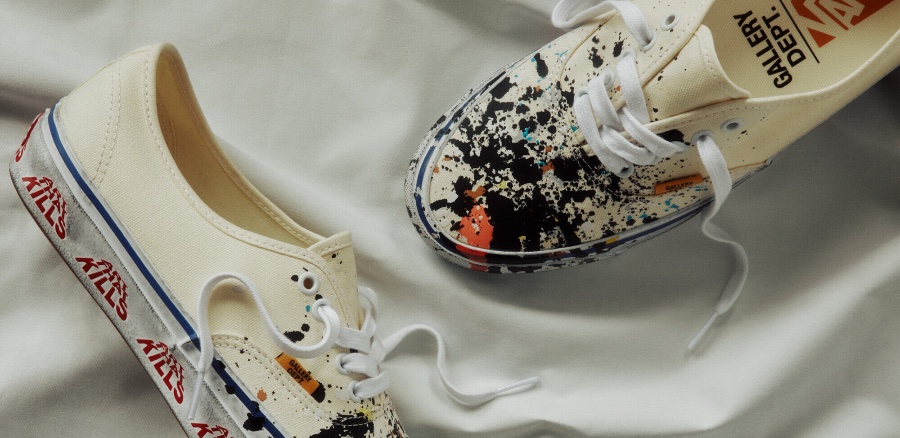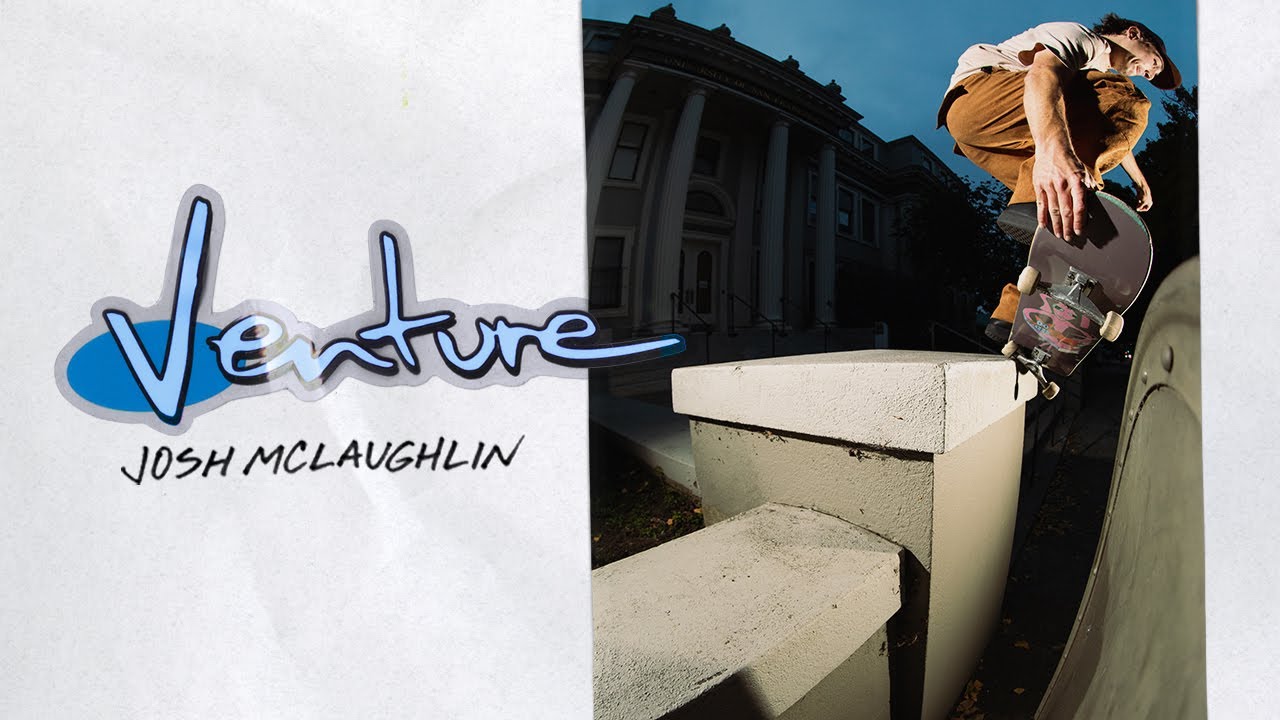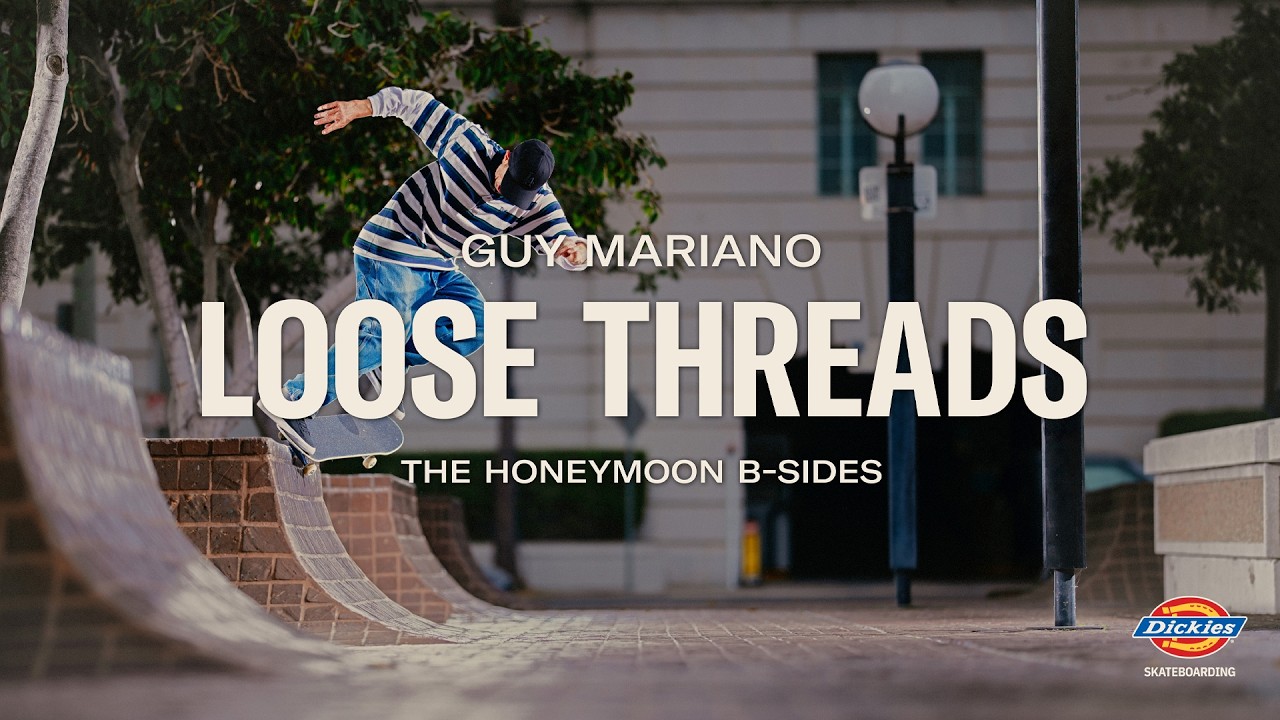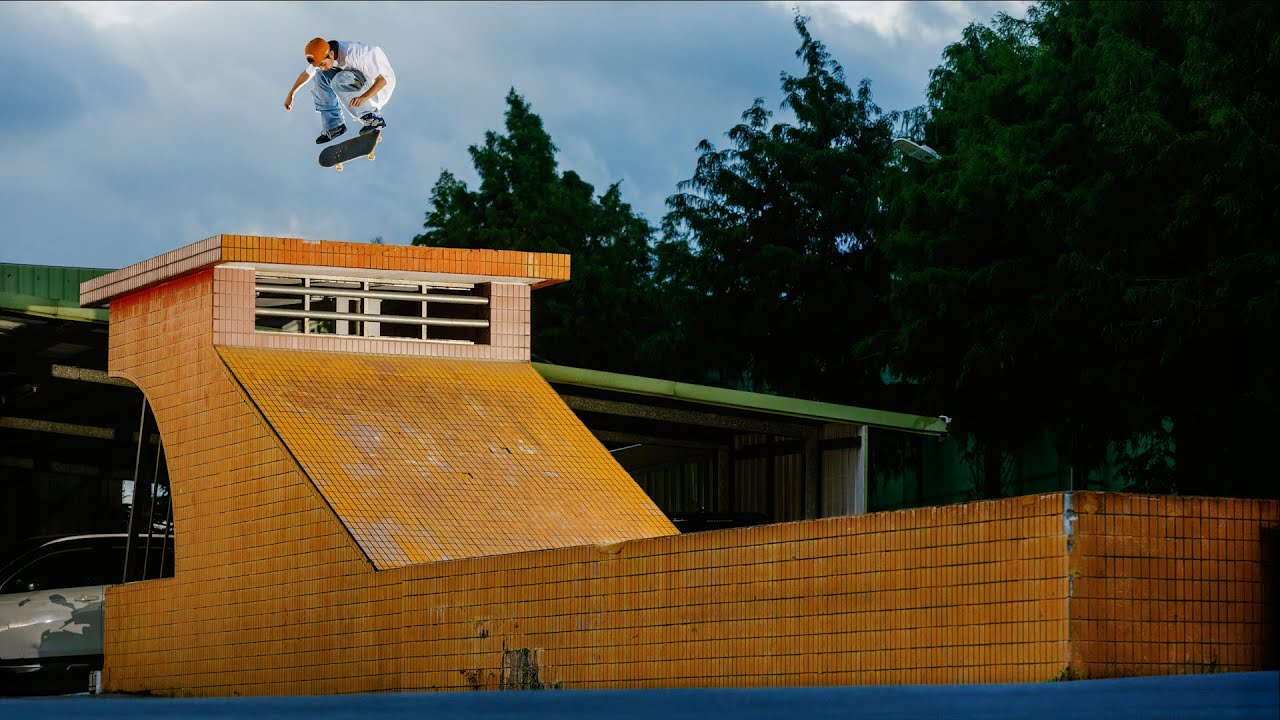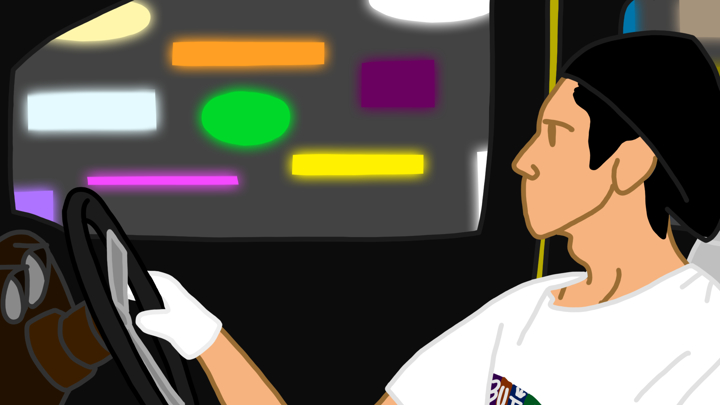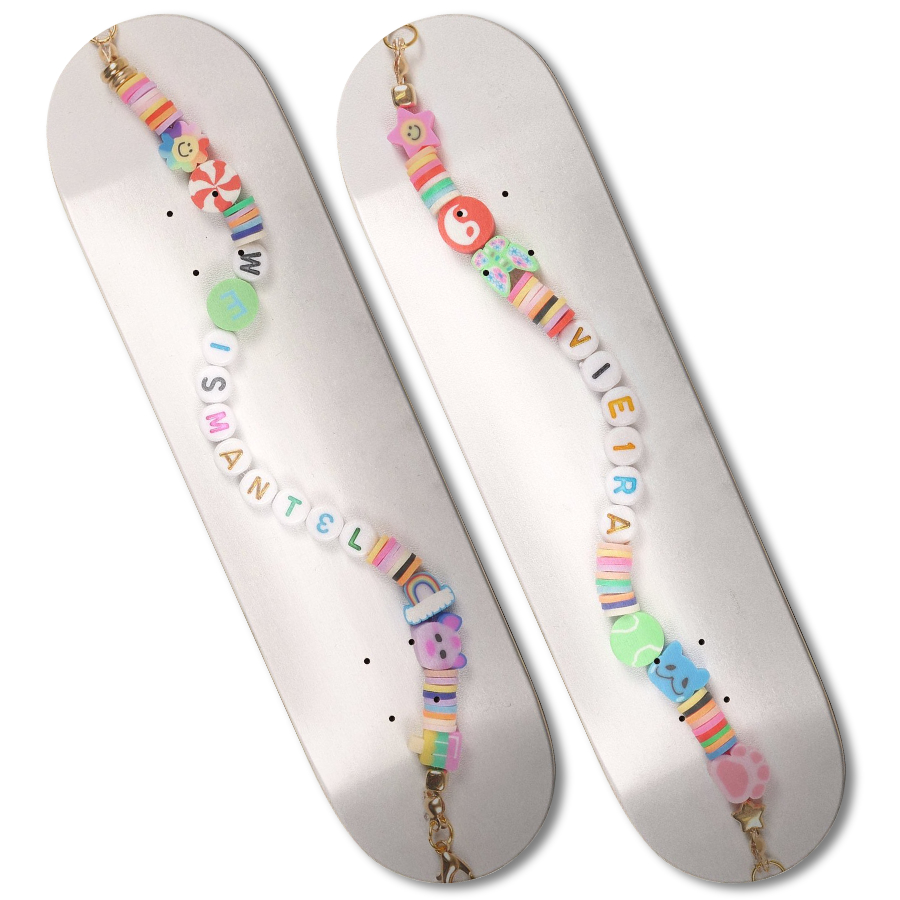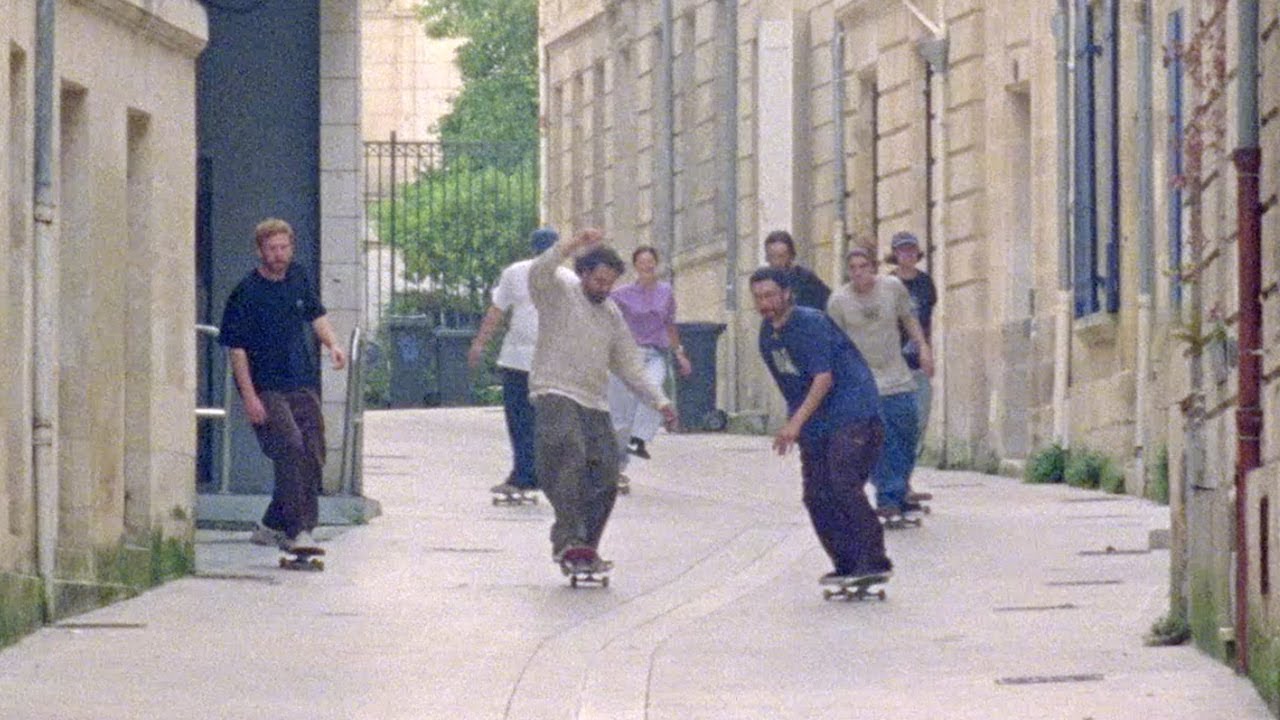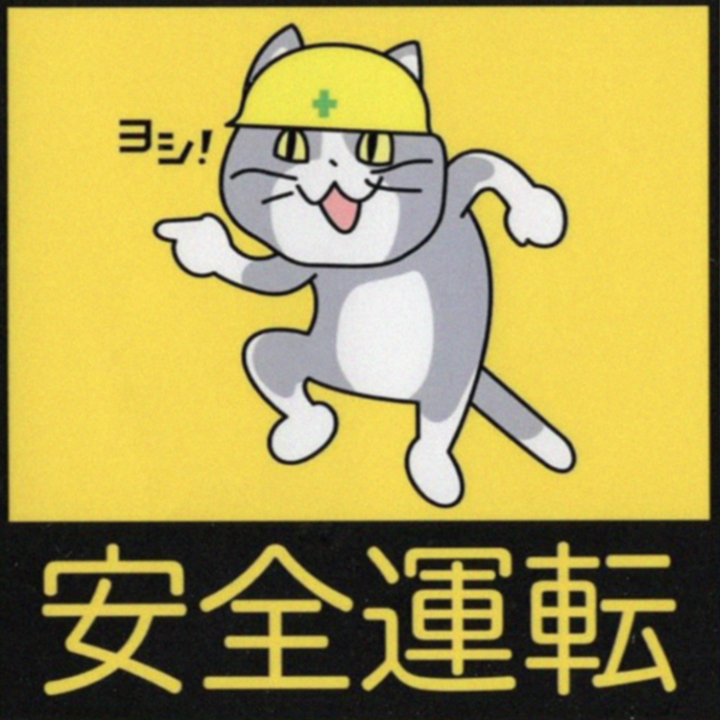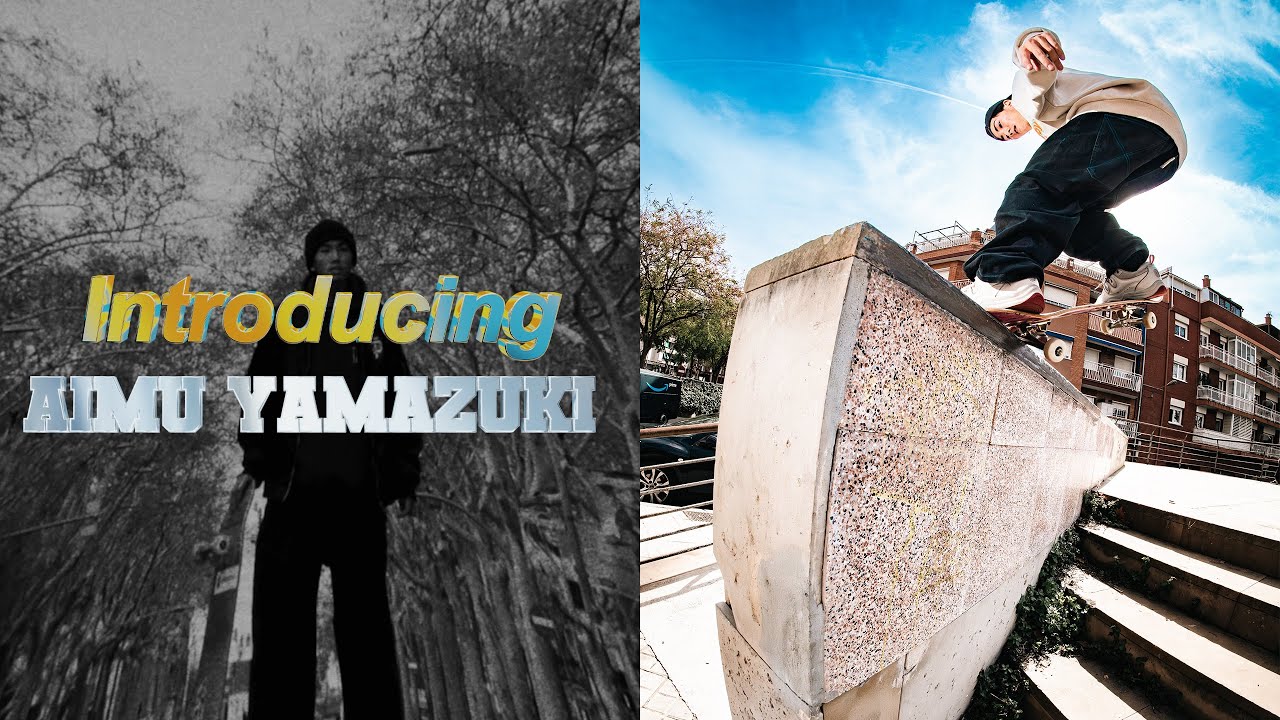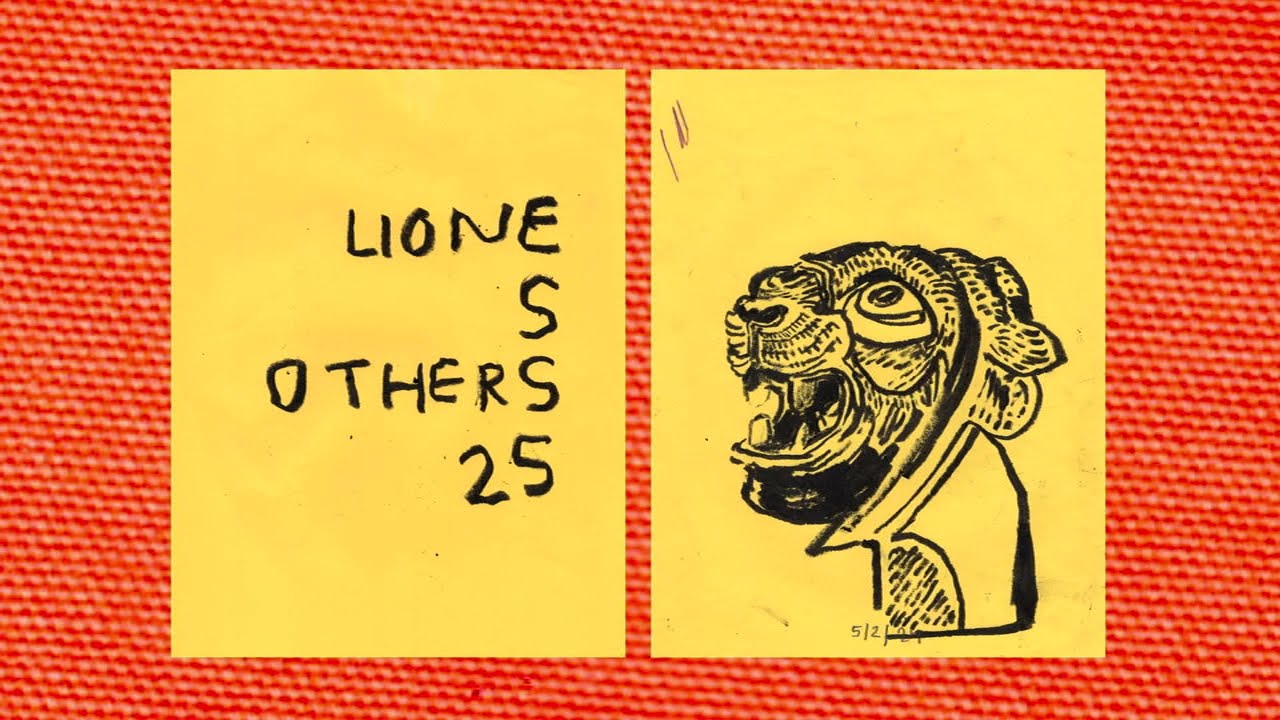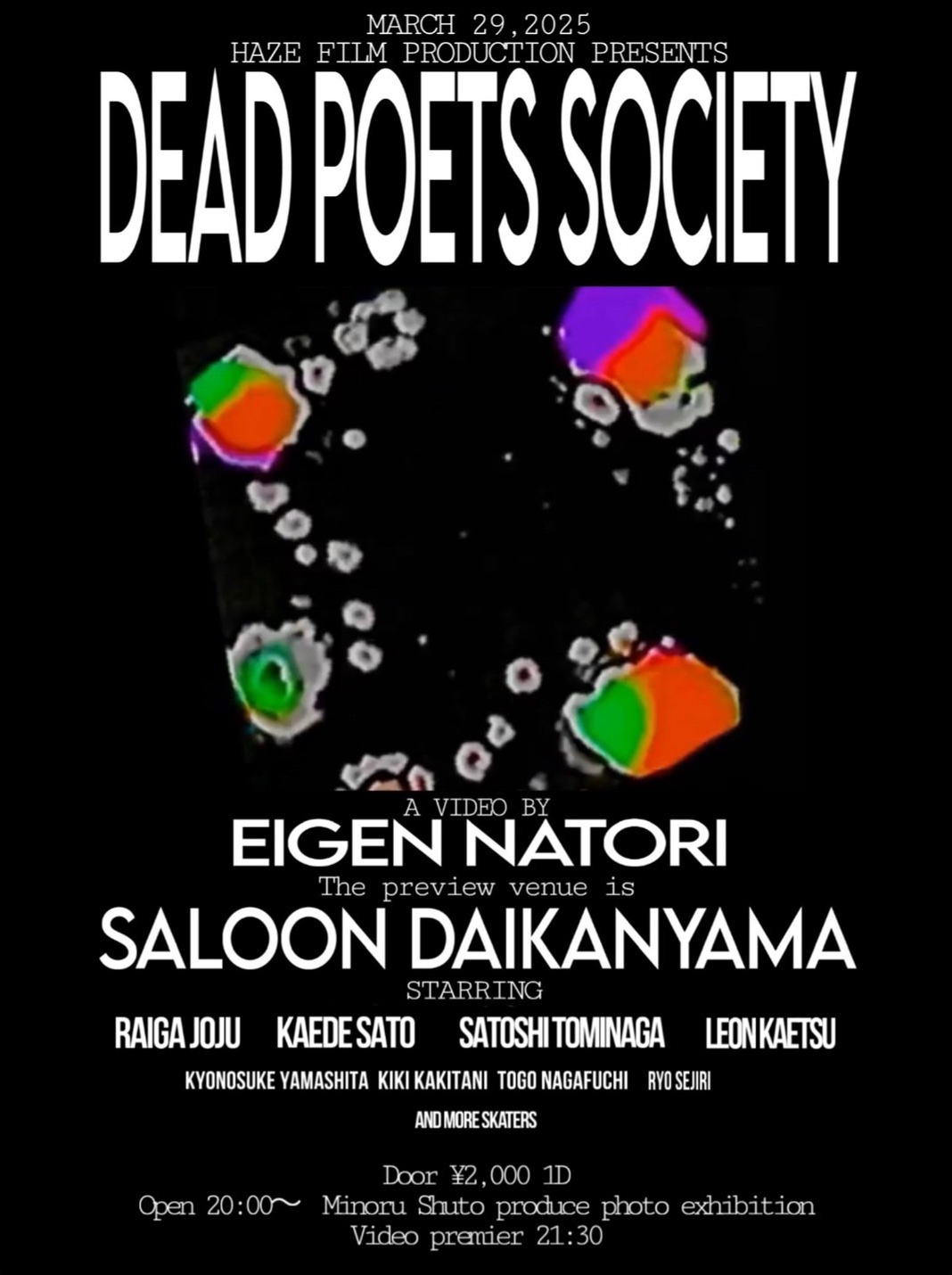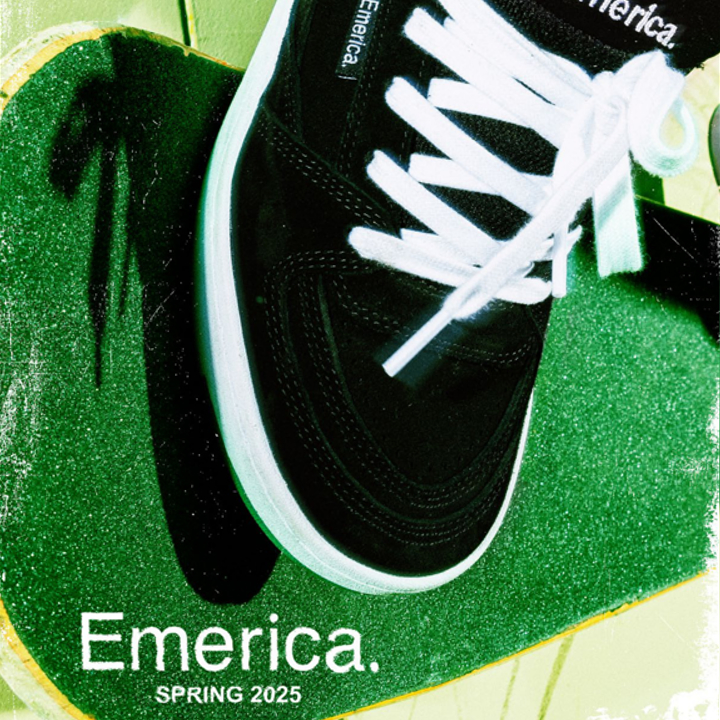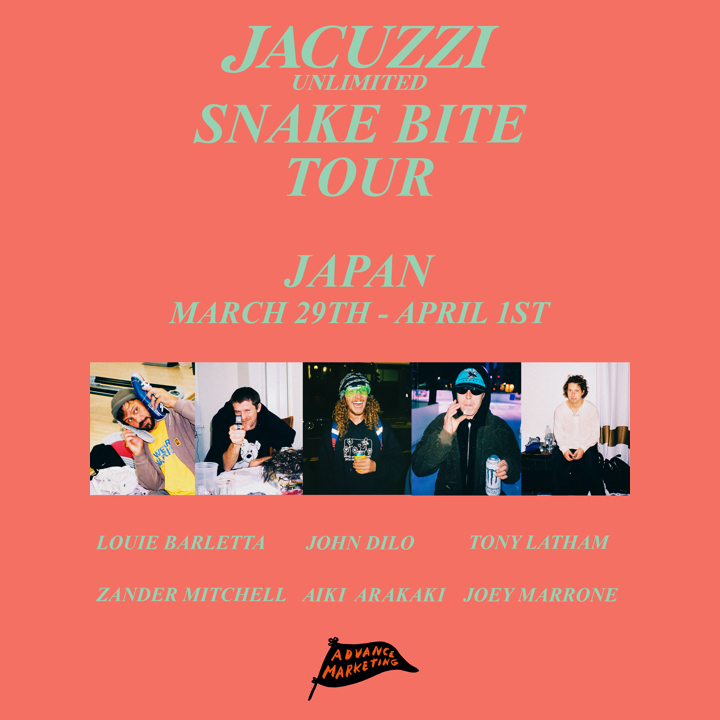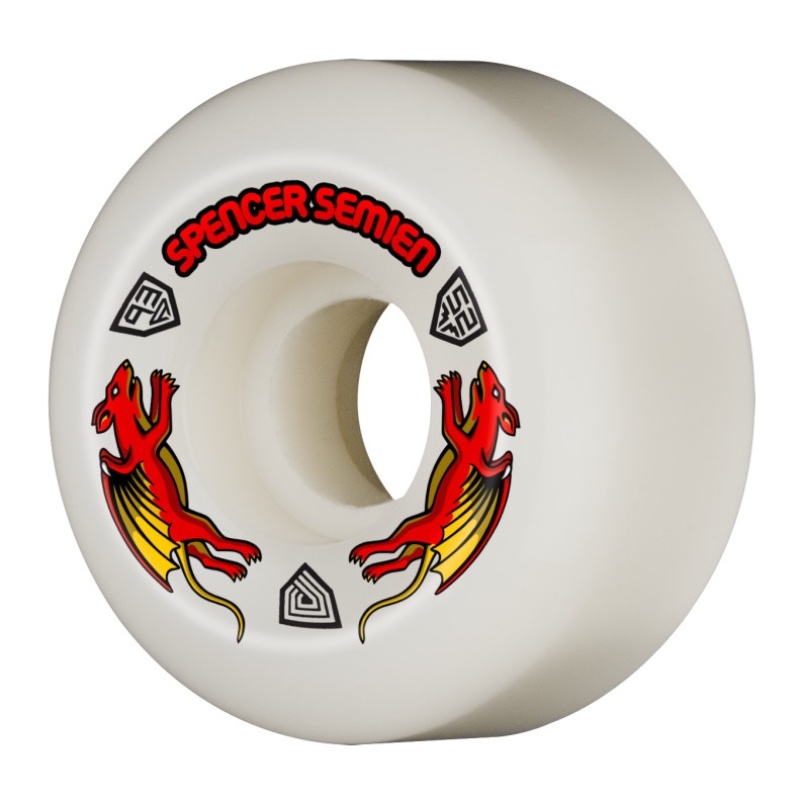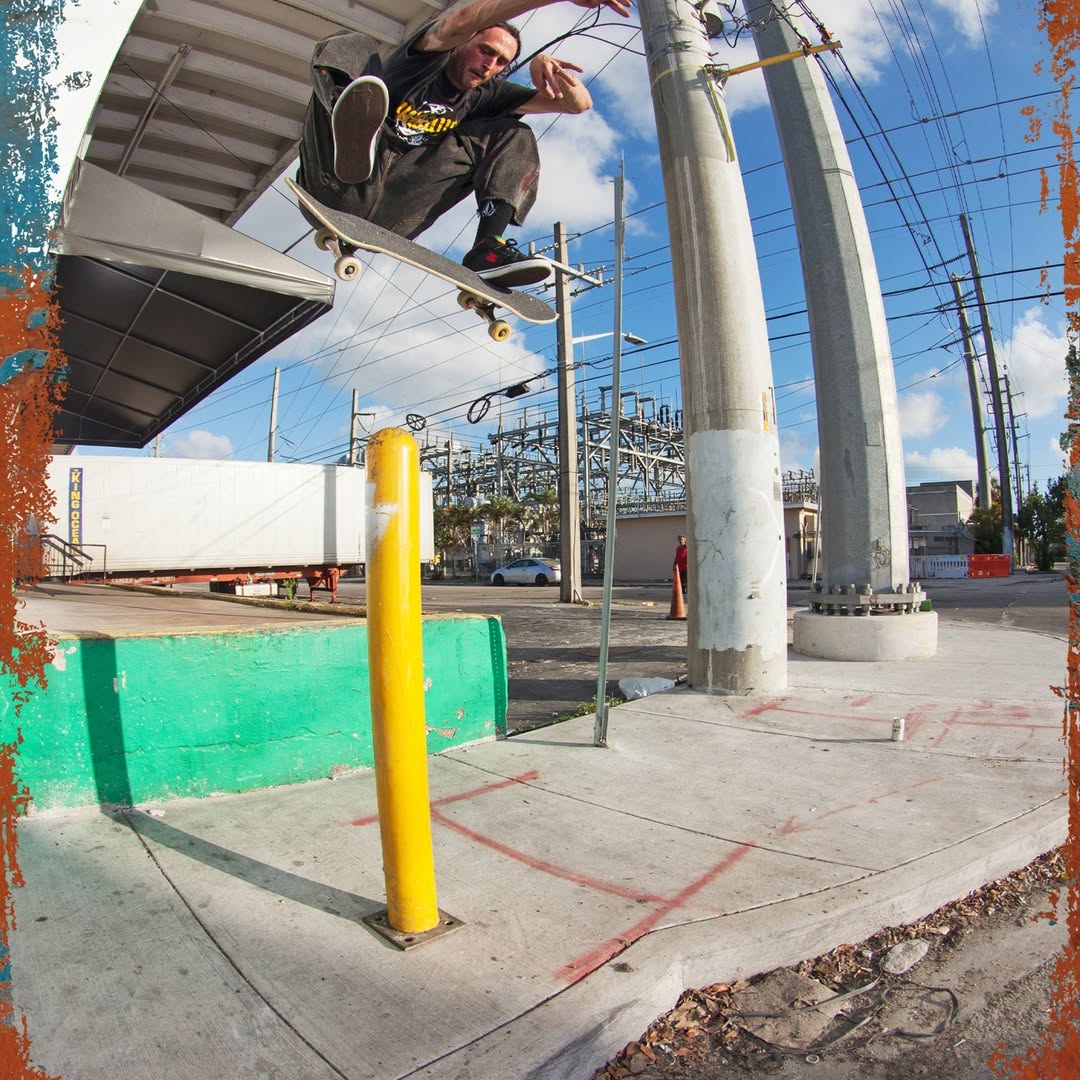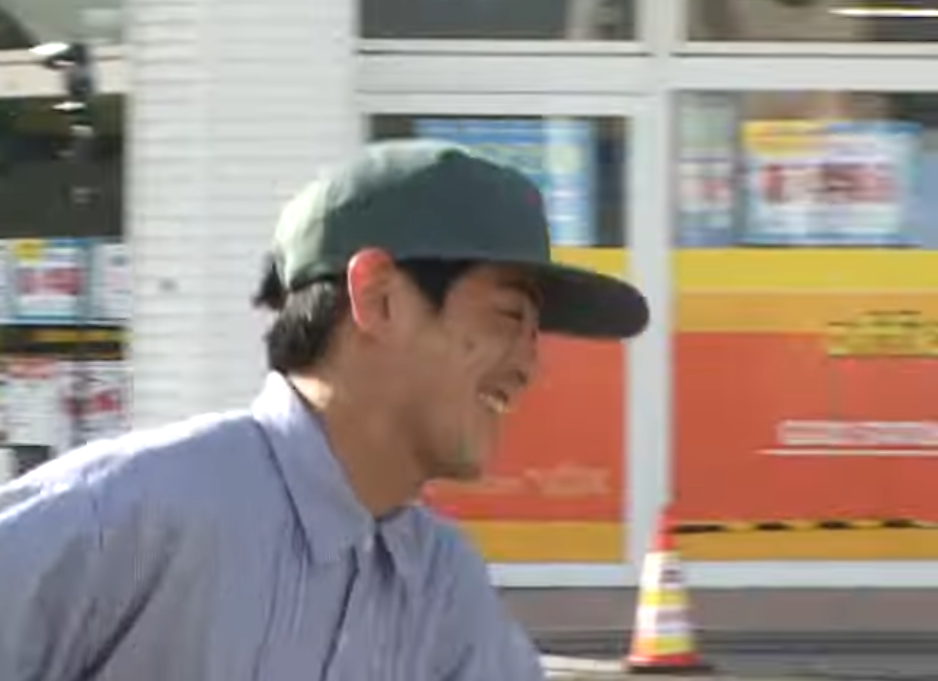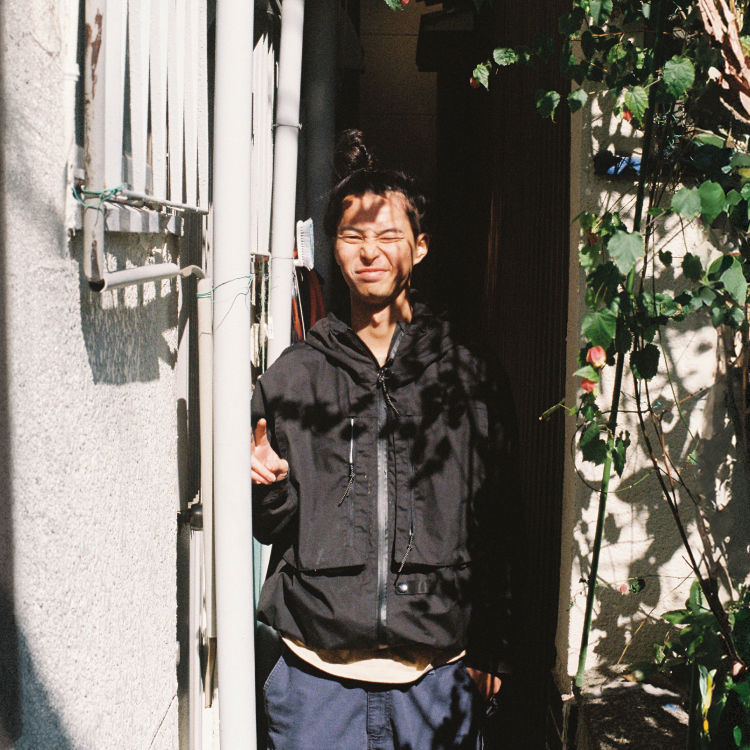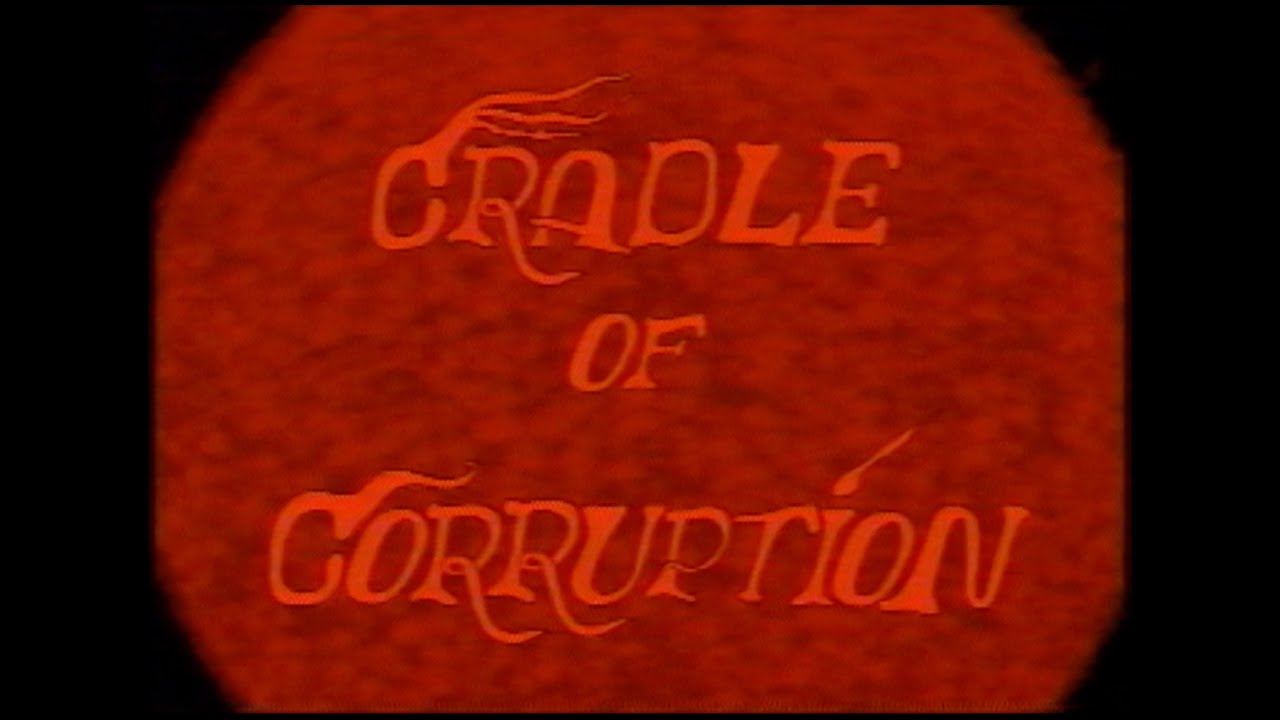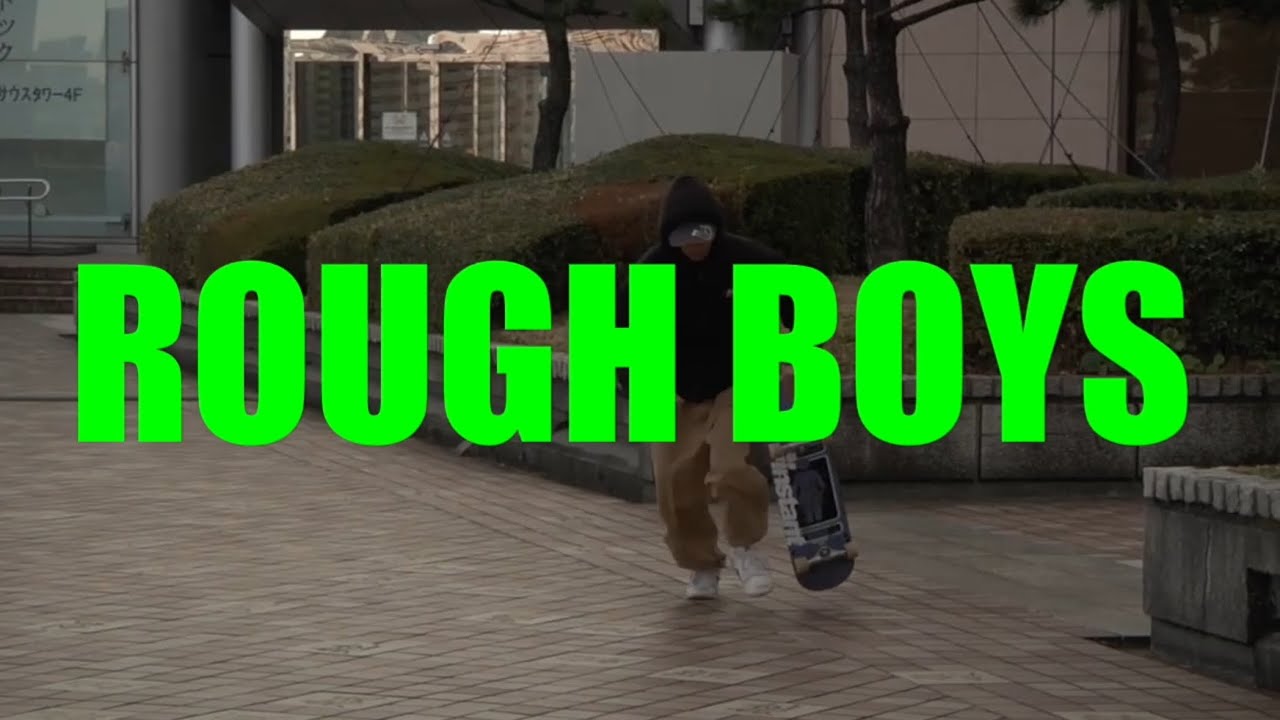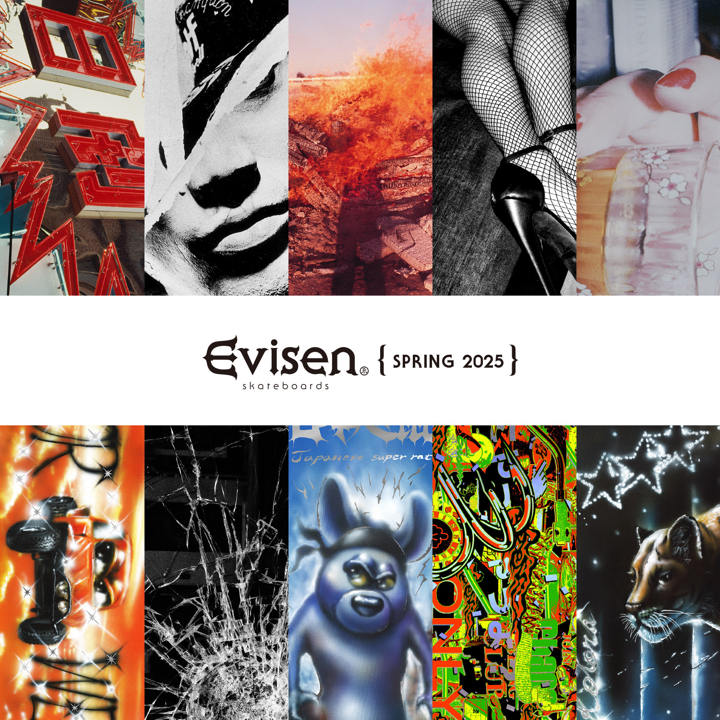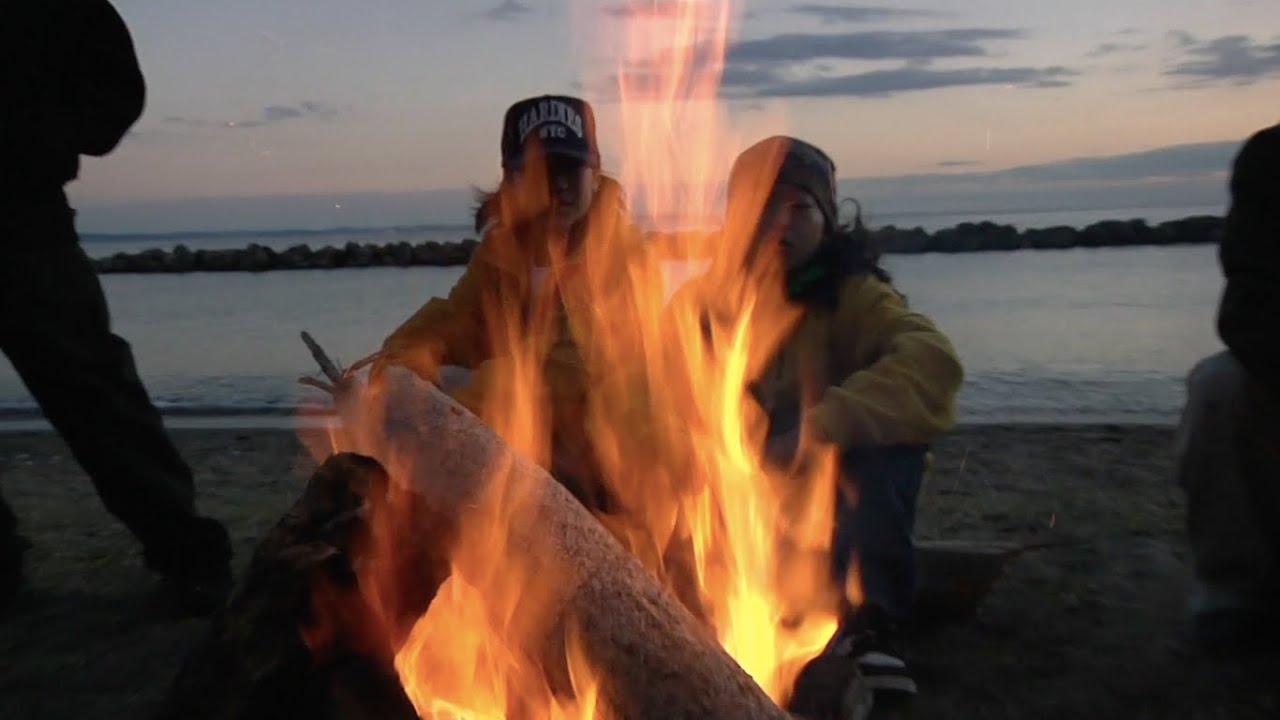Greg Hunt has worked on some of the greatest skate videos in history. He brings excitement and comfort to the gloomy year 2020 with ALRIGHT, OK just released from Vans.
──GREG HUNT (ENGLISH)
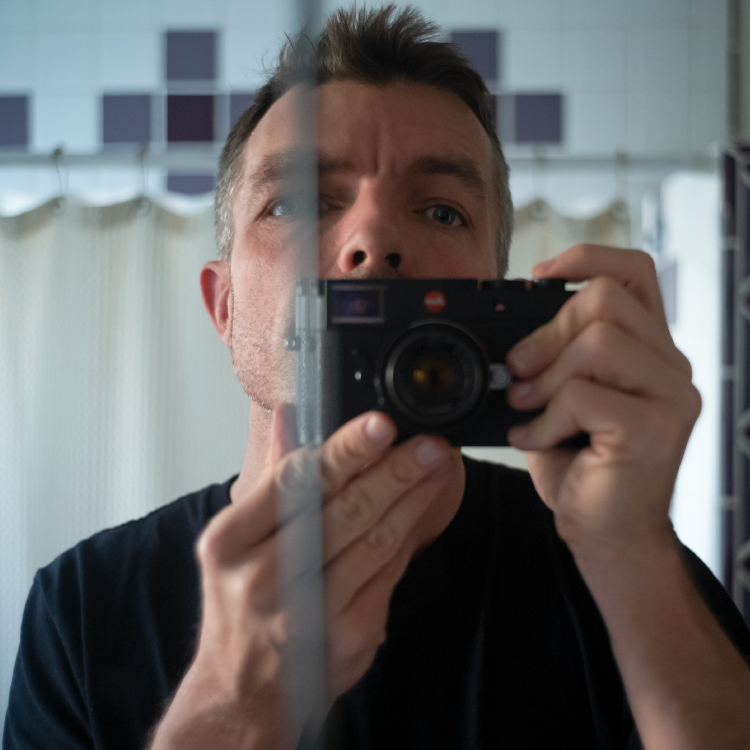
[ JAPANESE / ENGLISH ]
Special thanks_Vans
VHSMAG (V): How did the whole idea of having Elijah and Gilbert in one video come about?
Greg Hunt (G): Well, originally it was a video with just Elijah that was scheduled to come out when his first shoe dropped. But he had a pretty hardcore dry spell that pushed that deadline to a point where it seemed like it might not be realistic and it was creating a lot of stress for him. We've been on a couple of trips with Gilbert and I sort of just floated the idea of what about if Gilbert films a part for this too. Then it becomes a two person video, takes pressure off of Elijah and helps us balance the whole project a bit. So it was as simple as that really. And then once Gilbert came on, that's sort of when Elijah broke, he got out of his dry spell and he started skating really well. That's when the video really started about a year ago when Gilbert joined.
V: Why did you choose Gilbert?
G: To be honest, it was for several reasons. One was convenience because Gilbert wasn't working on anything else and he really wanted to film for something. And two is, I have a really good friendship and relationship with Gilbert. I think I just love working with Gilbert whenever I can. And I think the feeling is mutual. So it was an opportunity for us to work together. And three is because Gilbert and Elijah are good friends. I think the idea of having it be Gilbert and Elijah was really interesting to me because they're so different. They're different as people, they're different as skateboarders, they even look different. So it seemed like a really interesting kind of mix to have a Gilbert and Elijah part together in a two person video.
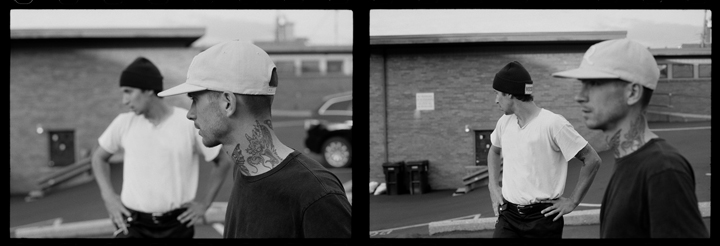
V: How would you describe their personality and skating?
G: Gilbert is very meticulous and he thinks everything through. Elijah is very much the opposite of that. He just sort of goes at whatever's in front of him and I think that shows in his skating. I would say Elijah is loose and wild with his skateboarding and Gilbert' is a lot more refined, I guess. He really plans it through. They're really good friends, but I think they're very different as people. I think Gilbert thinks way ahead and plans things out generally. Not that Elijah doesn't do that, but just when it comes to actual skateboarding, he's a lot more spontaneous. I think that's the main difference, but those are pretty broad life approaches and kind of everything in their lives sort of trickles down from how they approach things. So they are very different in that way.
V: I heard the video was supposed to come out in May. How long did it take to complete this video?
G: I'd say it was about two years. But a lot of that Elijah wasn't skating or he wasn't getting footage. May was the first deadline where late last year, everything was starting to really come together and Vans needed to release it and they needed to put a deadline on it. So we decided on May. But then COVID hit here in March and probably everywhere in the world. When it hit, everyone sort of just didn't know what to do. So none of us wanted to release the video in May because it cut the last six weeks out of their filming. It wasn't really fair because usually the last month or two is where people get the most stuff or the best stuff. No one knew what was going on in the world, so we put it on hold. And then we started skating again in the summer, we had an October deadline and then I can't exactly remember why, but then that got pushed to early November. But then the election was looking kind of crazy. And then we pushed it to November 23rd.
V: How did the pandemic affect the process? Some people say it made it easier to film since the city's empty.
G: It changed the video drastically because we went on a trip to Portugal in February, and then that's the last time I saw Gilbert. He was pretty careful with COVID and he didn't want to go anywhere. So most of his part was filmed in Richmond. You can say that LA was good to skate. It just depends on your... I guess everyone handles what's been happening differently. But when COVID first hit here, it was kind of scary. Everything was shut down. And then there was the George Floyd protests and all that going on. It just felt weird to focus on skating because there's so much else going on in the world. So that was also another thing that we weren't skating as much around that time. For me at least, it wasn't really until June or July that we really started skating a lot. For Elijah, we filmed almost everything in LA. Elijah actually went out to New York twice on his own. But other than that, it really affected the video because February was our last trip and everything else was filmed in basically everybody's hometown.
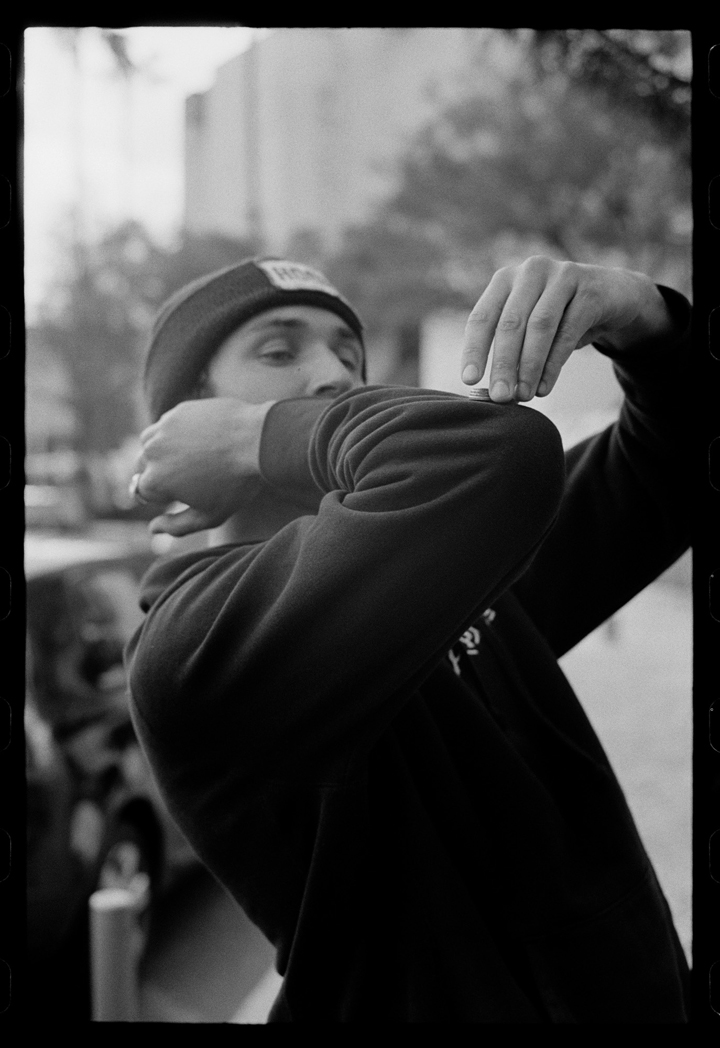
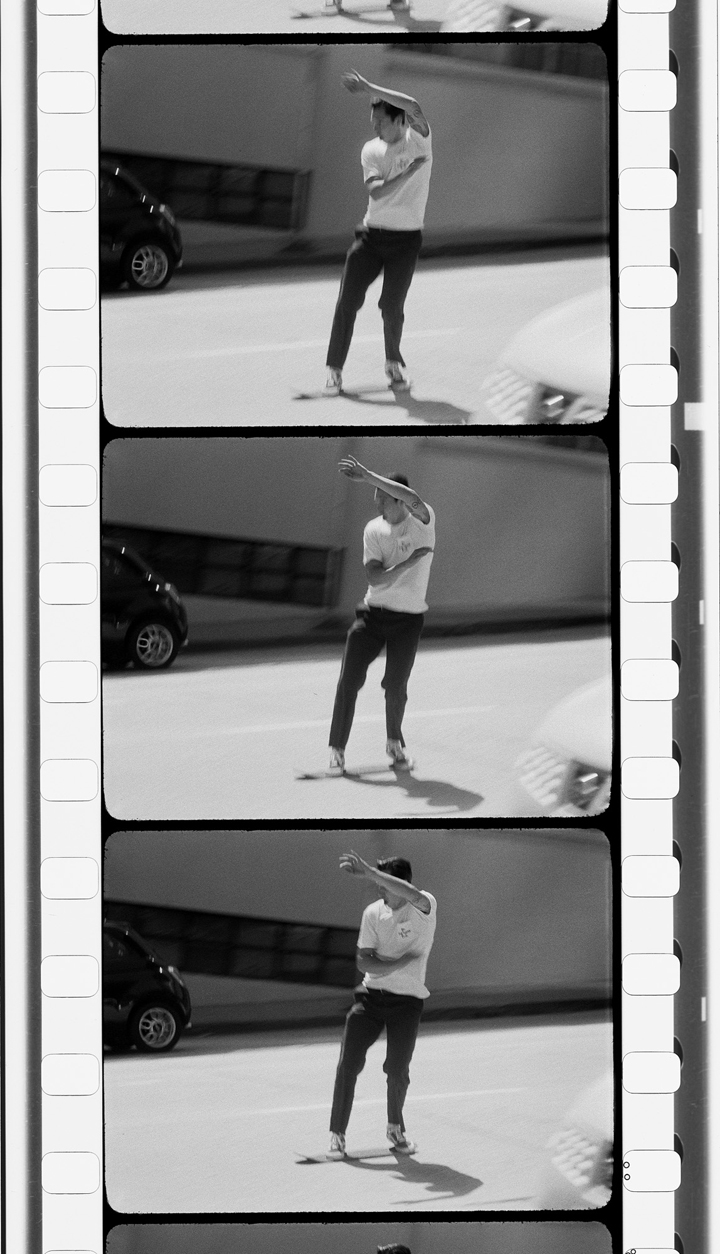
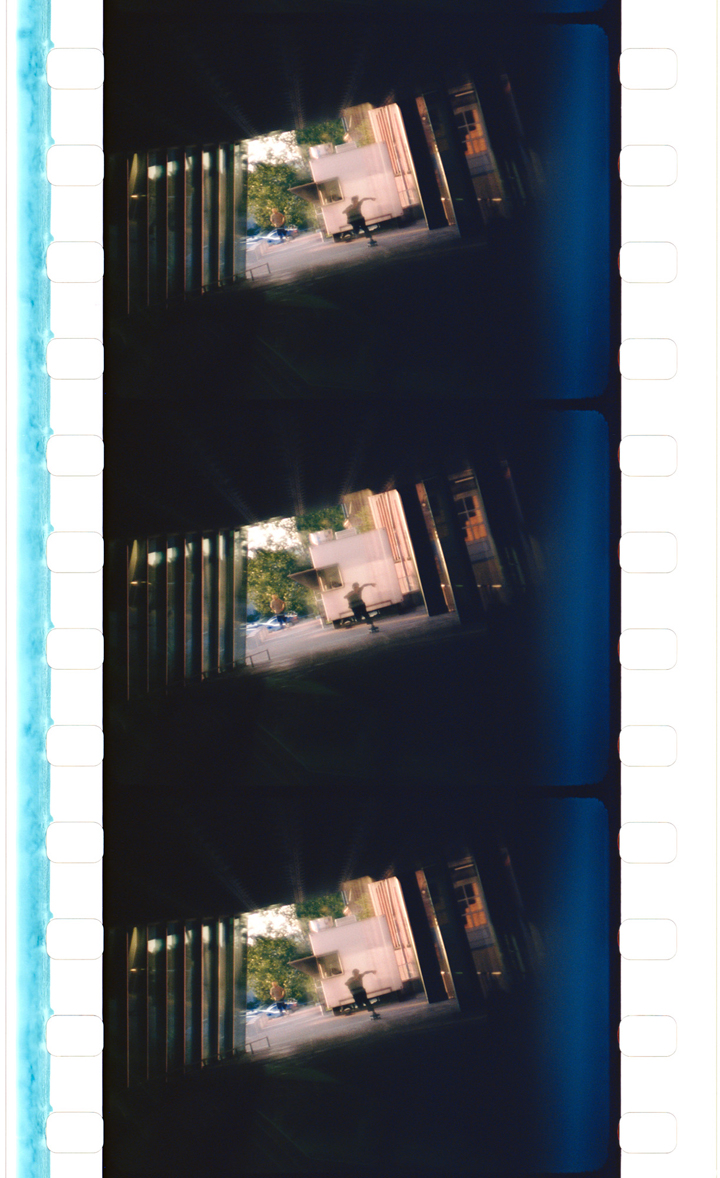
V: I really liked the whole vibe of the video. Was there a film or a film director that you got inspired by as far as the aesthetics of the video?
G: Definitely. Like late 60's music documentaries were a big influence for me. I've always really loved films from that time. Like Straight, No Chaser, the documentary about Thelonious Monk. Don't Look Back, the documentary about Bob Dylan. There's a documentary made by Robert Frank called Cocksucker Blues about the Rolling Stones, which was actually banned. The Rolling Stones didn't want anyone to see it. But all of those films and a lot of other films around that time were black and white, one camera, 16mm, where it was just a cameraman and a sound person. And there's this sort of rawness and realness to that, that I've always really loved. I've never filmed that myself though. I really liked the idea of shooting black and white 16mm with sound. So I tried it early on not really knowing if that was going to be in the video or if maybe it would be something that I could do that would kind of come out alongside the video. But, right when I first got the footage back and put the sound to it, I knew, yeah, this is definitely really how I want this to be a big part of the video. So I think the opening and the middle and all that black and white footage and even just how the titles look and feel, a lot of that is inspired by older, like late 60's and early 70's documentaries. Especially music rock documentaries.
V: For some reason, what popped up in my mind was Paris, Texas.
G: People say that a lot and that's the music. Danny Garcia, legendary pro skater, he's a musician. I've worked with him on a few projects and I contacted him about maybe doing something for this project. And he sent me a Dropbox folder with a bunch of music that he's been working on. The song that's in the trailer and the credits, I really love that song. It's Bolero, it's a certain style of music from Central America and it's very similar to the Ry Cooder's Paris, Texas soundtrack. It's funny because people say that a lot and Paris, Texas has been probably my favorite film for at least 20 years. I had a VHS copy when I was in my 20's that I used to watch every day. So I'm sure there's Paris, Texas influence in there. And then the titles weren't influenced by Paris, Texas, but definitely at the end when Elijah's part ends and it goes to black and "ALRIGHT, OK" pops up big on the screen, I think that's subconsciously very Paris, Texas influenced.
V: Very interesting. What was the biggest challenge you faced while making this film?
G: I think that answer would depend on who you asked. If you asked Elijah, it would definitely be overcoming a psychological blockage... He wasn't able to film anything. And I think he was under so much pressure that it was becoming more and more difficult, and to overcome that it's all psychological and it's really difficult. So I feel like that's the case for Elijah. For me, honestly, the biggest challenge was making this video at home with my kids at home and one of my kids in school. And I mean that, because in the past when I make videos, I'd usually be able to go to an office or be at home and just stay up all night. If I'm really into what I'm working on, I could do long days and get it done. But now the reality is my kids are all at home all day because of COVID. I had to figure out how to make this video in the short windows of time that I had every day. So it was either waking up really early. I was trying not to stay up all night because I'm trying to stay healthy right now. It's not just finding time to edit, but it's when you edit, you want to be inspired and you want to be feeling good and into it. It doesn't help if you're really tired.
V: Memorable clip from the video?
G: There's so much of that, I guess. There's a trick in Elijah's part where he ollies off of a wheelchair ramp over a bar and then over two other bars. That was in Ohio and that was the trip when everything kind of came together for this project. We went to that spot like three or four times, and every time there was a car parked in the landing. And it didn't matter what time we went back there. No one really cared that we were skating there. But there was always a car there. So we went there, I think it was raining one day. We went to a Home Depot and bought big orange road cones and a no parking sign. We made it look realistic. And we had the time there and everything, and it works. We went there a couple of days later and there was no car, and that's when he did it. So that's one of my favorite tricks in the video for a lot of reasons. That was pretty cool. It's always cool when you really fight for something and it happens. And to be honest though, with Elijah's part, a lot of his part did not come easy. Almost everything in there was multiple times going back, trying to get it, getting really lucky. He really, really worked for that part.
V: Yeah, that shows in the clips of him getting frustrated.
G: But I would say, the most memorable is probably the last trick, the nosegrind nollie flip. Because man, he worked so hard for that trick and it wasn't the very last thing he tried. There was still about another month left to film. So in a way, I was sort of nervous that he was trying that because the board's flipping under him. And if you go and look at that rail in person, it's chest high. It's really big. And my worry was that if he flips it wrong, he could just tweak his ankle and he's going to be done. That's a really risky trick to try when you still have another month to film. So there was that sort of nervousness for me, with him trying it because so much was on the line. And also the day that he did it was the day there had been these really bad fires around Los Angeles. That day, the sky was red. And I'm not exaggerating, it looked like Mars. I've never seen Los Angeles look like that. The sky was really red. There was so much smoke... you could see the sun behind the smoke, everything was red. It was a really weird day. The smoke smelled really bad. It was making Elijah feel kind of sick and he was coughing. That day they were telling people not to go out. That's how bad the smoke was.
V: That sounds gnarly...
G: It was a weird day. You're on the street at a spot that's set up in a big train station so there's a lot of odd people hanging out around there. And when you mix that with a day where everything is red and smoky, it's just a crazy energy out on the street. But at the same time, maybe that had been his third time back there. I just had this feeling like this might be the day. And when he did it, he was not coming close and he was really having a hard time with it... Then something snapped and he got angry and he kept putting every ounce of himself into making it and just trying to stomp his feet on it, no matter what happened. And when he did it, that was one of the coolest things just because that was such an amazing trick. Him making that trick was like, okay, he's going to have a really epic part. Not only because of this trick, but now he has another four weeks to film even more after this.
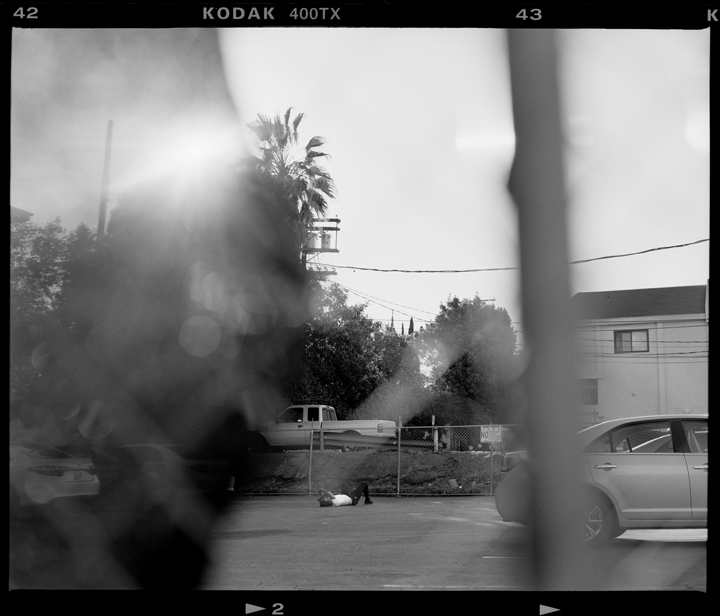
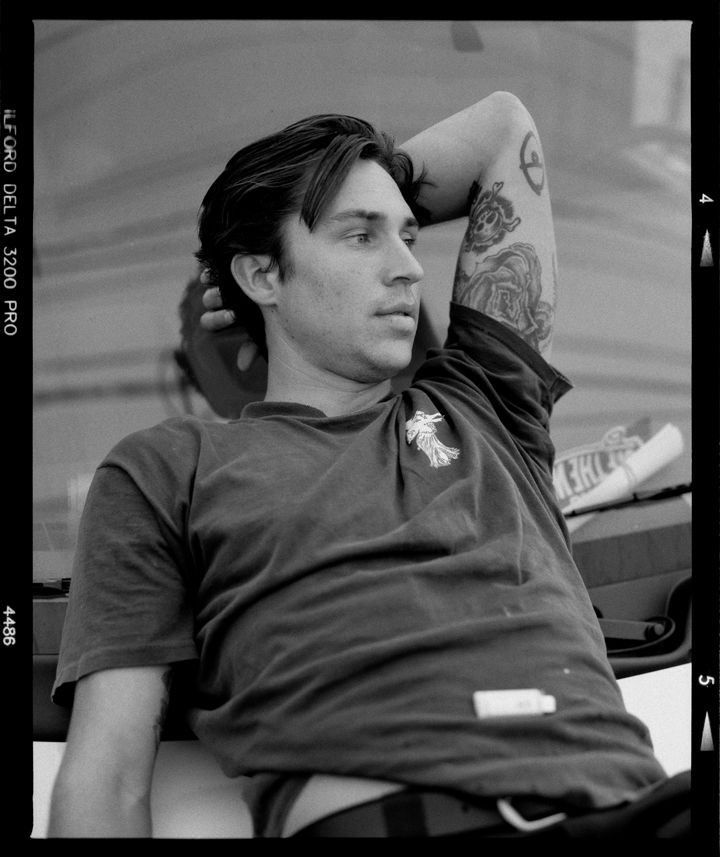
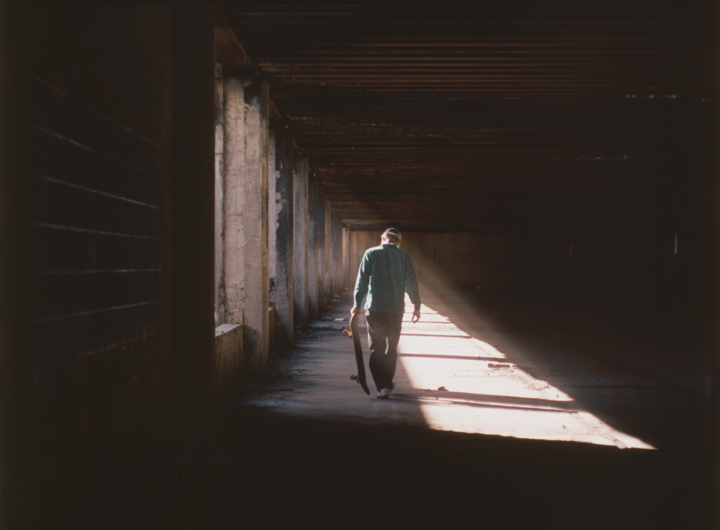
V: Amazing. How important is all the non-skate footage?
G: For me it's really important. Of course it's a skate video, but I really wanted it to be about them. And I wanted it to be a video that felt good to watch because it's been such a fucked up year. I wanted the video to be honest and be something that felt there was some feeling in it. So footage is super important, I think. The footage of Elijah with his dog and then him getting mad and flipping over that table, that's life, right? I feel these kinds of footage connects you with their skating a little bit more. I feel I identify with their skating more. So that footage is always really important. For me, it makes editing more pleasurable.
V: Transworld videos, DC Video, Mind Field, Propeller... you've worked on so many videos. This is your 20th anniversary being a filmmaker?
G: Well, that's just something I realized. it was 20 years ago that the first Transworld video I made came out, almost on the same day. I think it was November, 2000 when that video came out.
V: How has your approach to filmmaking changed throughout the years?
G: That's a really good question. I don't think it has changed much to be honest, but with that said, I do like to always try new things and I don't want to repeat myself. I think the first Transworld video I did was just a real learning experience for me. I feel like when I was finished with that is when I had more confidence in making videos. But the one thing that hasn't changed is that it's really important for me, is that I'm a collaborator and that the people in the video are happy with the end product. I've never really approached the video thinking that it's my own personal work of art or something like that. It's their video. I'm assembling it and giving it some direction, but it's them. So, when we talk about music or what tricks are being used, I always lean on them because it's their legacy, it's their career, it's their work. They're the ones skating and risking their necks out there trying a lot of this stuff. So that's always been the main factor. And then after that is when I'm thinking of how I can try something different or present it a little bit differently, or what I can do better than I did last time. I just want to make sure that everyone in the video feels like they have some ownership over it and they're proud of it.
V: What was the new thing you did particularly for this video?
G: Shooting the black and white film with sound, and bringing in an older documentary vibe was something new for me. I actually shot 35mm film on this, which I haven't shot before in a skate video. So that was something different. Other than that, I let things sort of happen a lot more organically. Like if something would fall in a certain place, I would leave it, if that makes sense.
V: What's the idea behind the title, Alright, OK?
G: To be honest, I was looking for a title that would work for two people. So I was trying to think of titles with that balance of two words or two names. And I like titles that have meaning that can be interpreted in different ways. This title came up long before COVID hit, so it has nothing to do with the world being completely fucked up. It's sort of a joke. I had a feeling that Elijah and Gilbert were going to film really great parts, so it was sort of like, "It's alright. It's okay." Knowing that people are going to see this and probably say like, "Yeah, it's pretty good. It's all right." And then I look at comments and people actually say that. It's just ridiculous. Everyone's entitled to their own opinion. I get it. That's just the way it is. But that's sort of where the title came from and also it's the name that I was influenced by, like I said, these older music documentaries and the band name feels like it would almost be like a title of a song or an album. So that's kind of where it came from, a mix of all those things.
V: Like you said, this year was really fucked up. Not just with the COVID but Jeff Grosso and Keith Hufnagel passed away... This video for me was kind of a relief, it made me feel good.
G: Yeah. I will say because of this year, more than ever, I really wanted to make a video that just makes people feel good or at least when I'm watching, it makes me feel good, if that makes sense. I think that's why I used Danny's music. And a lot of that kind of B roll has humor and it has a good feeling. Like Gilbert at home with his dogs and Elijah with his dog. There's some feeling in there and some humor, and that was really important for me because of just how this year has been. I just really wanted to make a video that makes me feel good and makes people feel good.
V: Yeah, it felt good. Thank you for this. So what's next?
G: Well, I work with Vans. We're always doing something. We have a couple of projects that we're working on for next year. Nothing too specific as of yet, but I'm pretty excited about it. Other than that, I documented Jason Dill for over 15 years and put that together into a book that came out two years ago and Super Labo just made a Japanese edition. It's a real honor for me and it's really beautiful. Dill and I are both big fans of Japanese culture and photo books. And there's a show at the Super Labo Store Tokyo until January 17th. I think it should be pretty cool to see that in person. I'm bummed I can't be there, but I'm pretty excited about it.
Greg Hunt
@huntfilmwork
A skater, filmmaker, and photographer based in LA. He's known as one of the OG Stereo team, and now he works as the filmmaker for Vans, making not only skate videos but also music videos. His representative works include i.e., DC Video, Mind Field, and Propeller.
